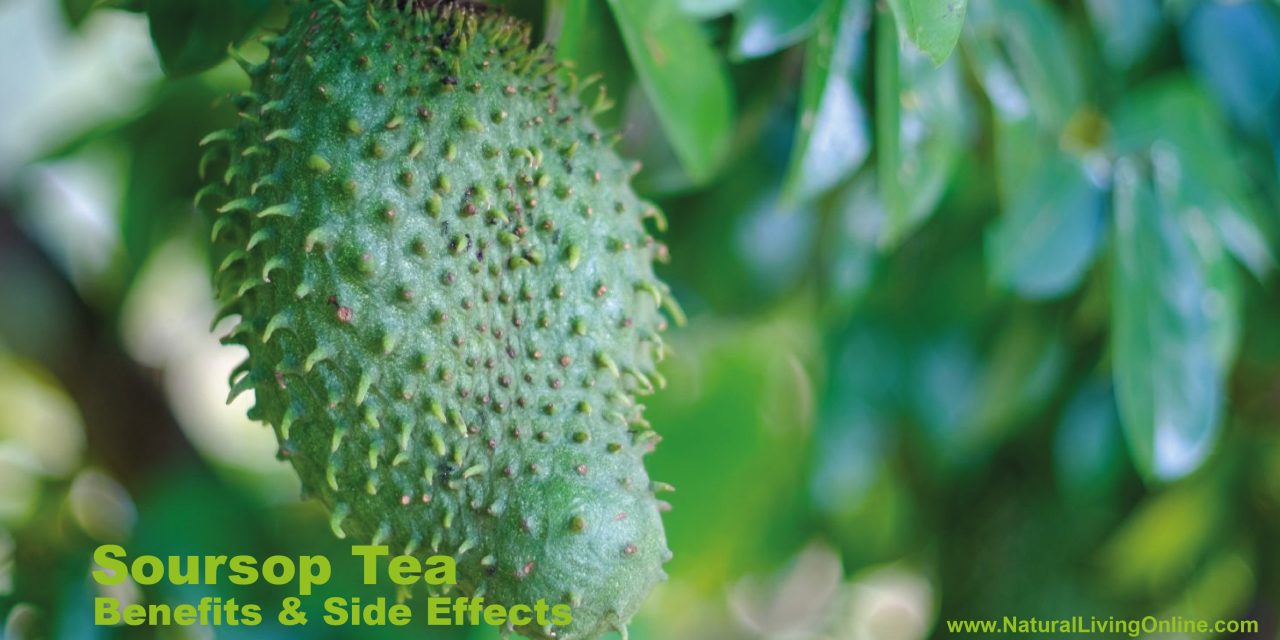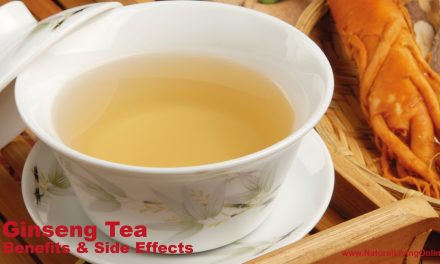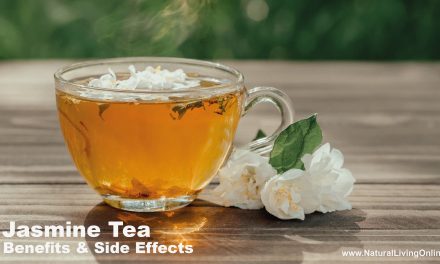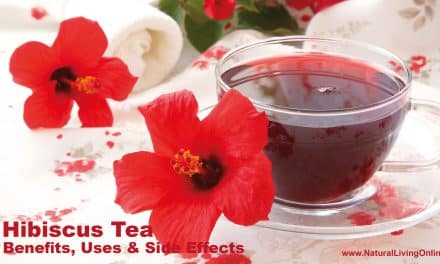Soursop tea has gained popularity for its potential health benefits. This herbal tea comes from the leaves of the soursop tree, also known as Annona muricata or graviola. People drink it for various reasons, including its supposed anti-inflammatory and antioxidant properties.
Soursop tea may offer several health benefits, such as boosting the immune system, reducing inflammation, and potentially lowering blood pressure. However, it’s important to note that more research is needed to fully understand its effects. While some studies show promise, the evidence is not conclusive for many of its claimed benefits.
Making soursop tea is simple. You can steep dried soursop leaves in hot water for a few minutes to create a refreshing drink. It has a slightly sweet and tart flavor that many people enjoy. But be careful not to overdo it, as drinking too much soursop tea may lead to side effects like stomach upset or liver problems.
Key Takeaways
- Soursop tea is made from the leaves of the Annona muricata tree and may have health benefits.
- The tea is easy to prepare by steeping dried soursop leaves in hot water.
- Moderation is key when consuming soursop tea due to potential side effects.
Nutritional Profile and Health Benefits

Soursop tea offers a range of nutrients and potential health benefits. It contains antioxidants, vitamins, and minerals that may support overall wellness in several ways.
Abundant in Antioxidants
Soursop tea is rich in antioxidants like flavonoids, phytosterols, and tannins. These compounds help protect cells from damage caused by free radicals.
The antioxidants in soursop tea may reduce inflammation in the body. This can support heart health and potentially lower the risk of chronic diseases.
Studies suggest that soursop tea may help decrease bad cholesterol levels. It might also reduce fat buildup in the body, which is good for heart health.
Support for the Immune System
Soursop tea may give the immune system a boost. It contains vitamin C, which is known to support immune function.
The tea promotes increased production of white blood cells. These cells are key players in the body’s defense against infections.
Regular consumption of soursop tea might help the body fight off common illnesses like colds and flu. Its immune-boosting properties may contribute to overall health and wellbeing.
Potential Anti-Cancer Properties
Some research has looked at soursop’s effects on cancer cells. While more studies are needed, early results show promise.
Compounds in soursop leaves may slow the growth of certain cancer cells in lab tests. However, it’s important to note that these effects haven’t been proven in humans yet.
Soursop tea should not replace standard cancer treatments. Anyone with cancer should talk to their doctor before using soursop tea as a supplement.
Blood Sugar and Blood Pressure Regulation
Soursop tea might help manage blood sugar levels. This could be helpful for people with diabetes or those at risk of developing it.
The tea may also play a role in blood pressure control. Some studies suggest it could help lower high blood pressure.
These effects on blood sugar and blood pressure might reduce the risk of heart disease. However, more research is needed to fully understand these potential benefits.
How to Make Soursop Tea
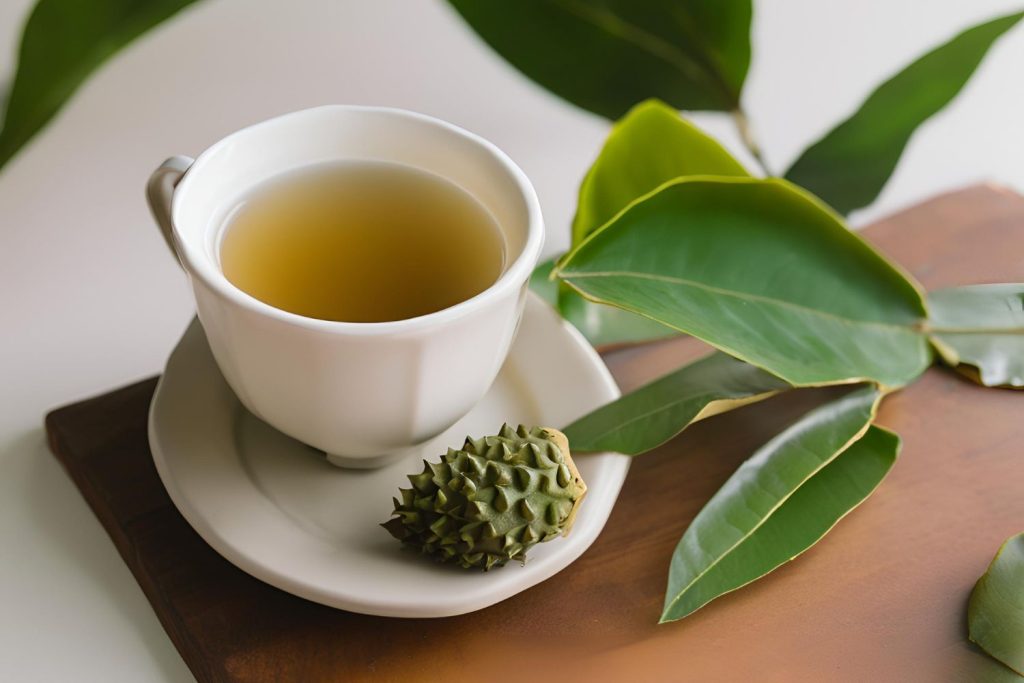
Making soursop tea is simple and quick. The process involves selecting the right leaves, boiling them properly, and adding optional ingredients for flavor.
Choosing Leaves
Pick fresh or dried soursop leaves for the best tea. Look for leaves that are green and undamaged. Avoid leaves with brown spots or insect damage. Fresh leaves work well, but dried leaves are easier to store.
Wash fresh leaves thoroughly before use. For dried leaves, check the package for any expiration date. Use about 10 grams of dried leaves or 2-3 fresh leaves per cup of tea.
The Boiling Process
Boil water in a small saucepan. Once boiling, add the soursop leaves. Let the leaves boil for 10-15 minutes. This helps extract the beneficial compounds from the leaves.
Turn off the heat after boiling. Let the tea steep for another 10-15 minutes. This extra time allows more flavor to develop.
Strain the leaves from the liquid. The tea is now ready to drink.
Enhancing Flavor and Nutrition
Soursop tea has a mild, slightly sweet taste. Some people enjoy it plain. Others like to add sweeteners or other ingredients.
Try adding honey or stevia for sweetness. A slice of lemon can give a citrusy boost. Some people mix in green tea for extra antioxidants.
For a cold version, let the tea cool and serve over ice. Adding mashed strawberries and milk can create a tasty, creamy drink.
Experiment with different additions to find your perfect cup of soursop tea.
Potential Side Effects and Considerations
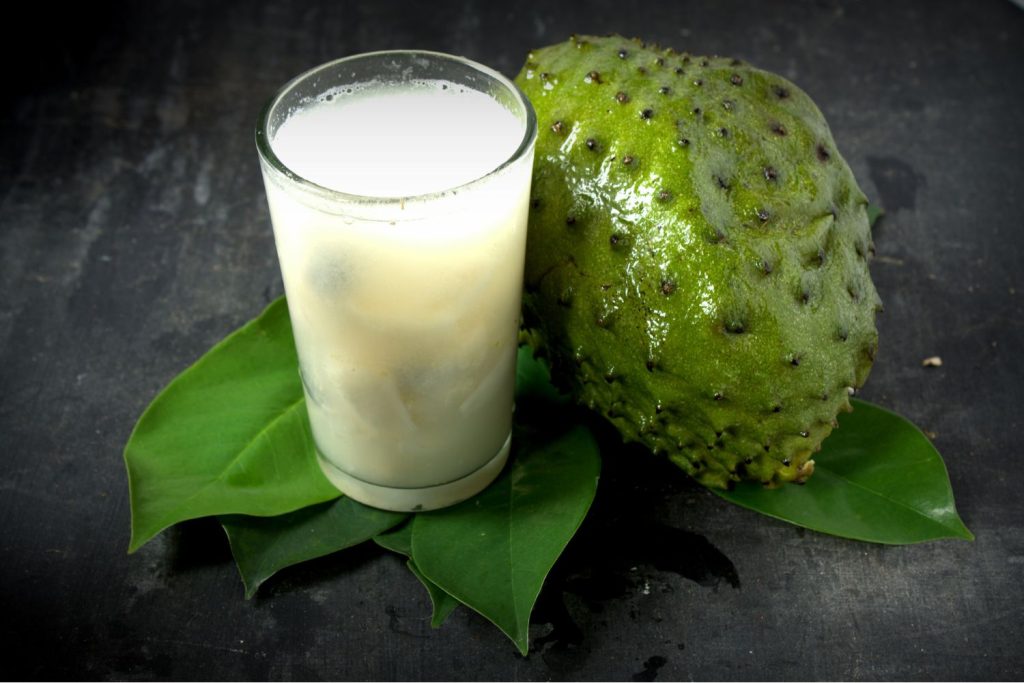
Soursop tea may cause unwanted effects and interact with certain medicines. People with some health issues should be careful when drinking it. It’s important to know the risks before using this tea.
Interactions With Medications
Soursop tea can affect how some drugs work. It may change blood pressure. This is risky for people taking blood pressure meds. The tea might also interact with diabetes drugs.
People on antidepressants should avoid soursop tea. It can cause bad reactions with these meds. Always tell your doctor about any herbal teas you drink.
Limitations in Cancer Treatment
Some think soursop tea fights cancer. But there’s not enough proof. No good studies show it helps humans with cancer. Lab tests on cancer cells look promising. Still, we need more research on real people.
Cancer Research UK warns against relying on soursop for treatment. It’s not a replacement for standard cancer care. Talk to your doctor before using any herbal products during cancer treatment.
Advisory for Certain Health Conditions
Soursop tea may harm the liver. People with liver problems should not drink it. The tea might also affect the nervous system. This is risky for those with Parkinson’s disease or other movement disorders.
Pregnant women and nursing mothers should avoid soursop tea. Its effects on babies are unknown. People with heart issues should be careful too. The tea might change heart rhythms.
Always check with a healthcare provider before trying new herbal teas. This is key if you have any health conditions or take meds.
Culinary Uses of Soursop
Soursop adds a unique tropical flavor to many dishes and drinks. Its creamy texture and sweet-tart taste make it versatile in both traditional and modern recipes.
Soursop in Traditional Dishes
Soursop fruit is a staple in many tropical cuisines. In the Caribbean, people often eat it raw or make it into juice. The fruit’s creamy texture works well in desserts like mousses and ice creams.
Some traditional recipes use soursop to flavor savory dishes. In parts of South America, cooks add it to stews and soups. The fruit gives a tangy kick to meat marinades.
People also use soursop to make candies and preserves. Its natural sweetness means less sugar is needed. This helps keep the calorie count lower in treats.
Innovative Recipes and Pairings
Chefs are finding new ways to use soursop in modern cooking. Smoothies are a popular choice. The fruit blends well with other tropical flavors like mango and coconut.
Soursop ice cream is gaining fans worldwide. Its creamy texture makes it perfect for frozen desserts. Some recipes mix in bits of the fruit for extra taste and texture.
Bartenders use soursop in cocktails for a tropical twist. It pairs well with rum and tequila. The fruit also makes a refreshing non-alcoholic drink when mixed with sparkling water and ice.
Innovative chefs are using soursop in savory dishes too. It can be part of salad dressings or sauces for fish. The fruit’s tart flavor balances rich foods well.
Summary
Soursop tea offers several potential health benefits. It contains antioxidants like flavonoids, phytosterols, and tannins that may help protect cells from damage.
The tea may have anti-inflammatory properties. This could help reduce pain and swelling in conditions like arthritis.
Some studies suggest soursop tea might help control blood sugar levels. This could be beneficial for people managing diabetes.
Drinking soursop tea may support weight loss efforts. Research has shown it might help reduce body fat.
The tea may have a calming effect on the body. It could help reduce stress and anxiety, promoting better sleep and mood.
Soursop tea is rich in nutrients. It provides vitamins and minerals that support overall health and wellbeing.
While promising, more research is needed to fully understand soursop tea’s effects. It’s best to consult a doctor before using it for any health condition.
Frequently Asked Questions
What does soursop tea do for the body?
Soursop tea may boost immunity and lower blood pressure. It contains antioxidants that help fight free radicals in the body. Some believe it can aid in weight loss, but more research is needed to confirm this effect.
Is it safe to drink soursop tea every day?
Daily consumption of soursop tea is not recommended. Excessive intake may cause side effects. It’s best to limit consumption and consult a doctor before making it a regular part of your diet.
What illnesses has soursop been known to treat?
Soursop has been used in traditional medicine for various ailments. It may help with insomnia and high blood pressure. Some claim it can fight cancer, but scientific evidence is lacking and more research is needed.
Is soursop good for the kidneys?
There’s limited research on soursop’s effects on kidneys. Some believe it may help kidney function due to its antioxidant properties. But it’s crucial to consult a doctor before using it for kidney health.
How might soursop tea interact with medication?
Soursop tea may interact with certain medications. It could affect blood pressure medications or drugs metabolized by the liver. Always talk to a doctor before drinking soursop tea if taking any medications.
Can soursop tea aid in digestion?
Soursop tea might help with digestion. It has been used traditionally for stomach issues. But scientific evidence is limited. If you have digestive problems, it’s best to seek medical advice before trying soursop tea.
References
Utilization of soursop leaves as antihyperuricemic in functional beverage ‘Herbal Green Tea’
Pharmacological Activities of Soursop (Annona muricata Lin.)
Bar-HRM for authenticating soursop (Annona muricata) tea
Nutritional and Therapeutic Potential of Soursop
Soursop (Annona muricata) Properties and Perspectives for Integral Valorization
This website does not provide medical advice.
All information provided on this website, and on associated social media networks, including but not limited to texts, images, and numbers are for general information purpose only. It is not intended as medical advice and it does not include all possible precautions, side effects, or interactions that may occur. Neither NaturalLivingOnline.com nor its author/founder take responsibility for how you use this information. Statements contained on NaturalLivingOnline.com have not been evaluated by the FDA. You should conduct thorough research via multiple sources and consult your physician or qualified doctor before using any essential oil or herbal remedy. Information on NaturalLivingOnline.com must not be relied upon for medical, legal, financial or other decisions.

